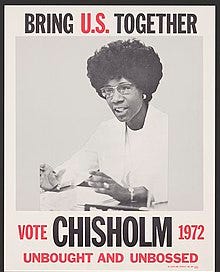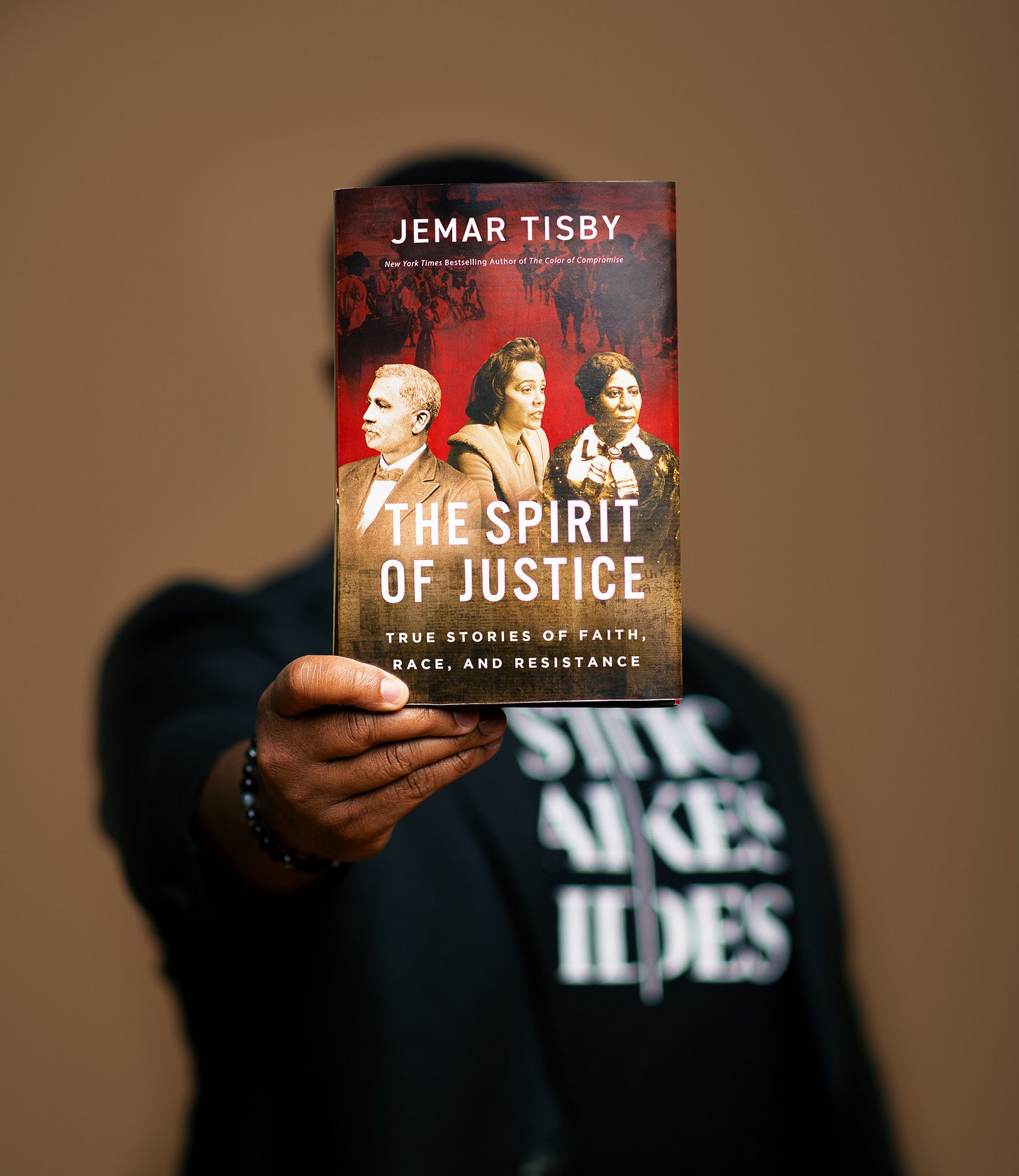Before Kamala Harris, There Was Shirley Chisholm
Another Black woman with a series of political firsts paved the way for Harris today.
This article gives more detail about a person you may have heard of but never studied. If you’d like more true stories from the past such as this one, consider become a paid subscriber today!
Last week, Vice President Kamala Harris was put forth as the likely successor to President Joe Biden after he suspended his presidential re-election campaign.
In the days since that announcement, Harris has earned enough pledged delegates to secure the Democratic nomination for president—although this still has to be confirmed by an official proceeding.
If confirmed, Harris would be the first woman and the first Black and the first South Asian person to earn the presidential nomination of a major party.
This is a massive shift in the political history of the United States, but it did not occur in a vacuum. Other women blazed a path in electoral politics that has led Harris to this moment.
One woman in particular stands out—Shirley Chisholm.
Shirley St. Hill (later Chisholm) was born in Brooklyn in 1924, but spent several formative years in Barbados where her mother was born.
Chisholm learned about Black pride early in life, and her father was a follower of Marcus Garvey, a fellow West Indian and founder of the Universal Negro Improvement Association (UNIA).
Chisholm attended the majority-white Brooklyn College and realized in a new way the ways racism was designed to subjugate Black people.
“Things were organized to keep those who were on top up there. The country was racist all the way through,” she recalled.
For seven years Chisholm worked as a teacher in Harlem. While working, she took night classes at Columbia Teachers College and earned a master’s degree in education. She met a Jamaican immigrant, Conrad Chisholm, and they married in 1949.
She ran for and won her first political office in 1964 and became a sitting member of the New York State Assembly.
In 1968, Chisholm set her sights on the US Congress. She ran and won the election with the campaign slogan “Fighting Shirley Chisholm—Unbought and Unbossed.”
She gained her victory in an upset over James Farmer, the former leader of the Congress of Racial Equality (CORE). Shirley Chisholm had become the first Black woman elected to Congress.
But she wasn’t done. In January 1972, Chisholm announced yet another audacious goal. Standing before a crowd of 700 at Concord Baptist Church, she launched a bid for the Democratic Party nomination for President of the United States.
She used her old campaign slogan: Unbought and Unbossed.
While Chisholm did not win the nomination and faced many obstacles—including from white women in the feminist movement and from Black men—she penetrated a political wall.
She had shown that women could aspire to the highest political office in the country.
It is because of women such as Shirley Chisholm that the United States may yet see a Black and South Asian woman as President of the United States.
I write more about Chisholm and dozens of other women who broke convention in the name of progress in my book “The Spirit of Justice: True Stories of Faith, Race, and Resistance”.
Pre-order today!







Shirley Chisholm was awesome! 1972 was the first election I was old enough to vote, and I voted for her in the primary. I remember watching the whole convention. She and I share the same birthdate. I have always treasured that. Thanks for bringing her forward, we need to remember her legacy.
Thank you. So important to remember her remarkable contributions to history.